Dual Path Security Systems
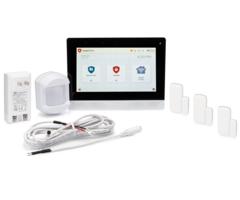
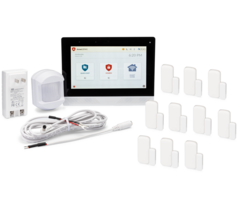
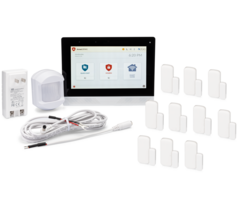
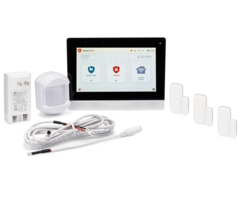
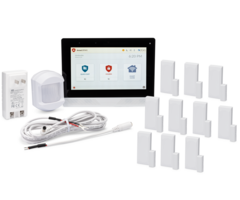
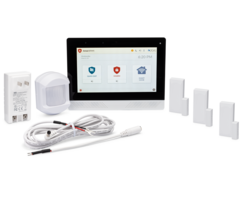
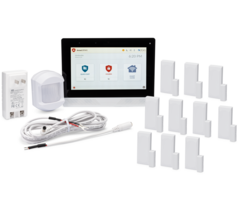
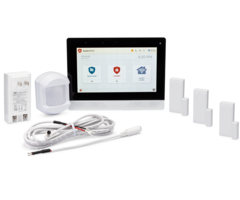
When you are planning a security system, you must consider what communication path it will use. The most popular options are IP communication and cellular communication. If you use both together, then it is known as dual path communication. In order for dual path communication to work, the alarm panel will need both a cellular communicator and an IP communicator. Some panels offer special dual path communicators that provide both cellular and IP connectivity in one device.
Every alarm panel should have a reliable communication path. Without a communicator, a system can only be used as a local noisemaker. This means that it will still go into alarm and activate sirens. However, the system will not send out any alarm signals to a central monitoring station or an interactive monitoring platform. This is a real problem if you are away from the premises when an alarm occurs. A siren won't necessarily scare off an intruder, and a fire or CO outbreak will go undetected. You need an alarm monitoring plan and a system with a properly configured communication path if you want you receive automatic help and/or alarm notifications while you are away.
When a monitored system goes into alarm, it sends out an alarm signal across any communication path that has been configured. A dual path system will communicate across both cellular and IP paths. Both paths offer their own advantages. Cellular communication is typically more reliable than IP communication. This is because cellular connectivity is not impacted by electrical outages, and it is very rare for the path to go down. We strongly recommend use an LTE cellular communicator. IP communication is normally faster, but it is often dependent upon electricity. Also, an IP communication path may occasionally go down and become temporarily unavailable for seemingly no reason. Please note that IP connectivity may occur across WIFI or hardwired ethernet cables.
A dual path security system will send out signals across both the cellular communication path and the internet communication path when an alarm occurs. Whichever signal reaches the intended destination first will go through. In most cases, the IP signal will reach the destination first. However, this is also the path more likely to go down or become unavailable. Modern cellular signals are also very fast, and this signal should be very close behind. It will provide a valuable backup in case the internet is out. In order to use dual path communication, you will need a Gold Plan from Alarm Grid. This monitoring plan includes both cellular and internet connectivity for your system. Some systems like the IQ Panel 2 Plus come with built-in cellular and IP communicators right out of the box. However, most systems will require you to add a separate cellular communicator. Other systems may require both a cellular comm and an IP comm if you want to do dual path.
